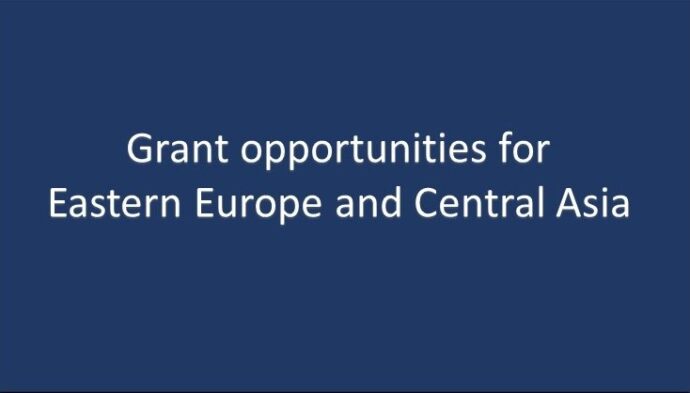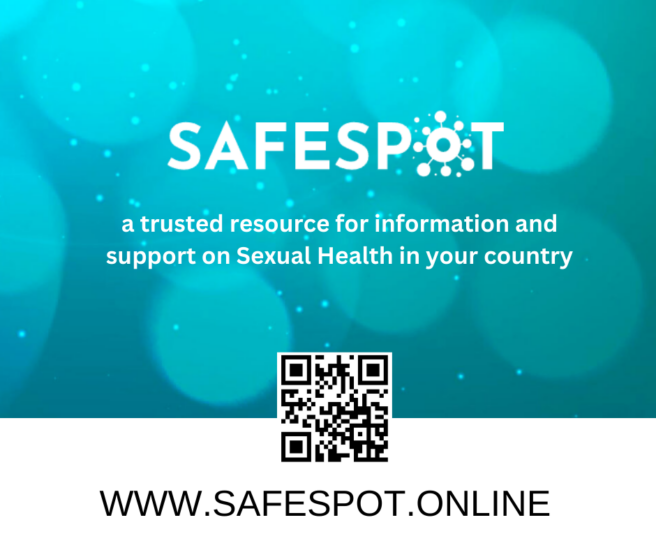 International Partnership for Human Rights (IPHR) released a paper “The Alarming of the Healthcare System in Tajikistan”.
International Partnership for Human Rights (IPHR) released a paper “The Alarming of the Healthcare System in Tajikistan”.
Health and healthcare are central to human security, while poor health is intrinsically linked to poverty and under-development. This paper is part of a series looking at the health systems in Central Asia which aims to highlight issues related to human development in Central Asia impacting on state security in the region. This first paper, which is based on internal research and interviews, also provides recommendations for how the international community could contribute to meeting the healthcare challenges in Tajikistan.
The Covid-19 crisis has highlighted shortcomings in healthcare systems around the world, including the unpreparedness of medical facilities and professionals for a pandemic situation. In some states, however, the medical system’s shortcomings are part of a much deeper and long-standing problem. This is the case in Tajikistan, one of the poorest countries in Asia, which lacks a sufficient number of medical facilities to serve the 9.5 million population and where those that do exist are in poor shape. Moreover, the country has seen a significant deterioration in the number and quality of its health professionals over the last two decades. Difficult working conditions and the excessively low salaries of doctors and nurses discourage young people from entering into the medical profession, fuel pervasive corruption, and provide incentives for doctors to emigrate.
Of all the states of the former Soviet Union, Tajikistan invests the least in health, only $ 55 per capita, an amount essentially equivalent to that in Afghanistan. For more than 30 years, the lack of investment combined with the authoritarian nature of the leadership has had a negative impact on the medical system and has concomitantly undermined the effective communication between the administration, medical staff and civil society that is essential to its improvement. Instead, some of President Rahmon’s decisions appear to have been driven more by political concerns than by medical considerations, as evidenced by the pressure put on doctors early in 2020 not to report Covid-19 cases in the country.
Although undertaking the fundamental reforms necessary to address the challenges facing the health system is the responsibility of the authorities and local stakeholders, international donors could make a real difference in line with the often modest investment capacities of today. Despite the undeniable complexity of providing assistance to authoritarian regimes, some initiatives could provide concrete support and have a direct and positive impact on the local population, including through targeted, smaller assistance programmes and through bolstering the capacity of local civil society.




